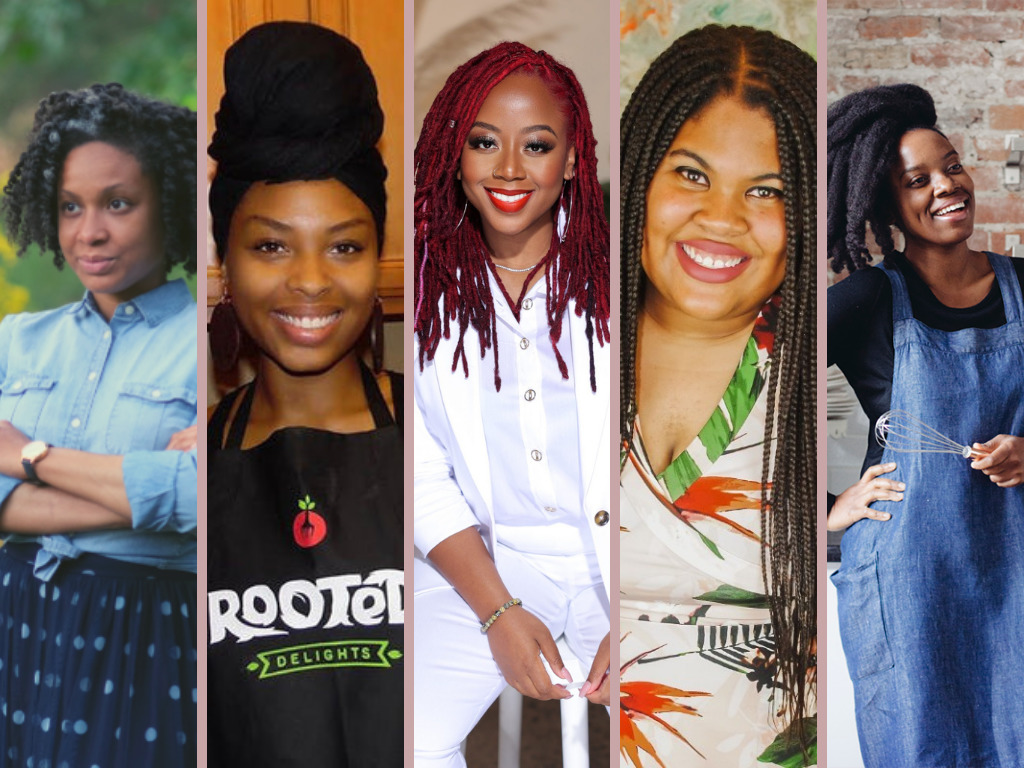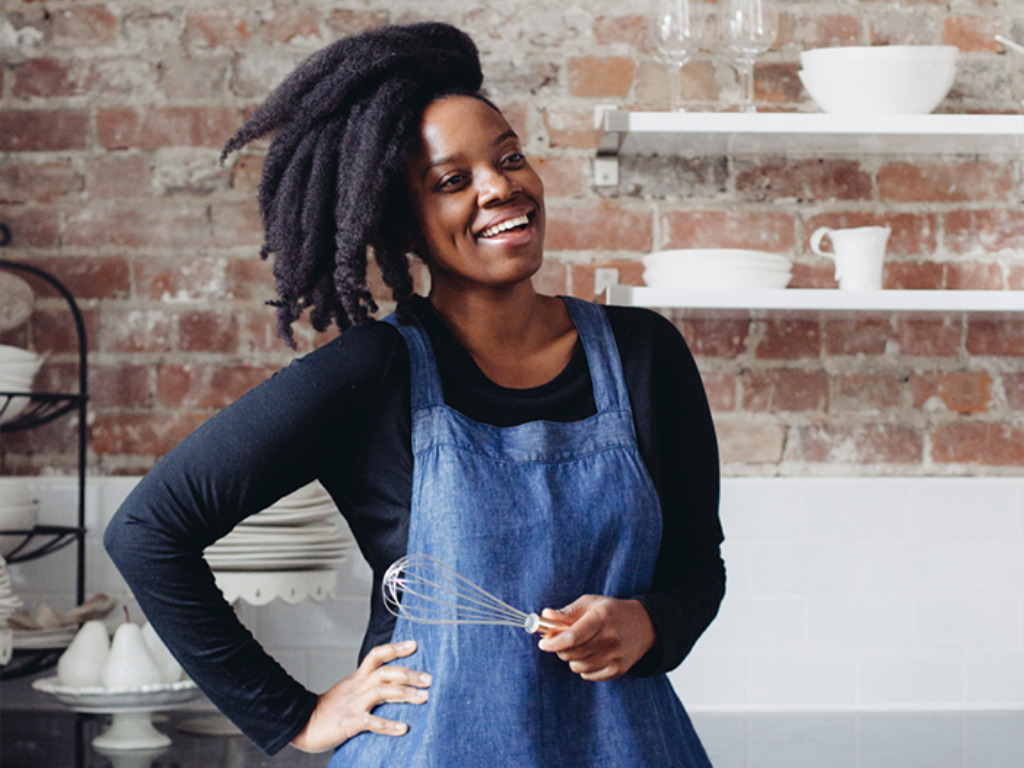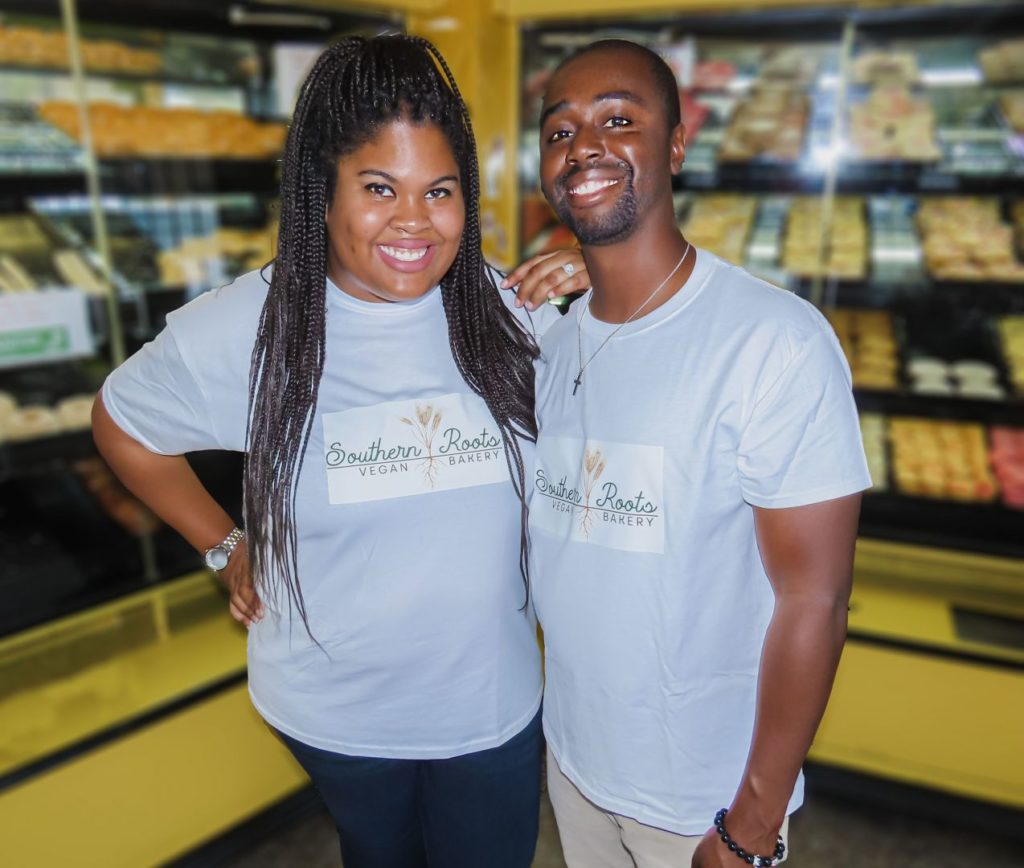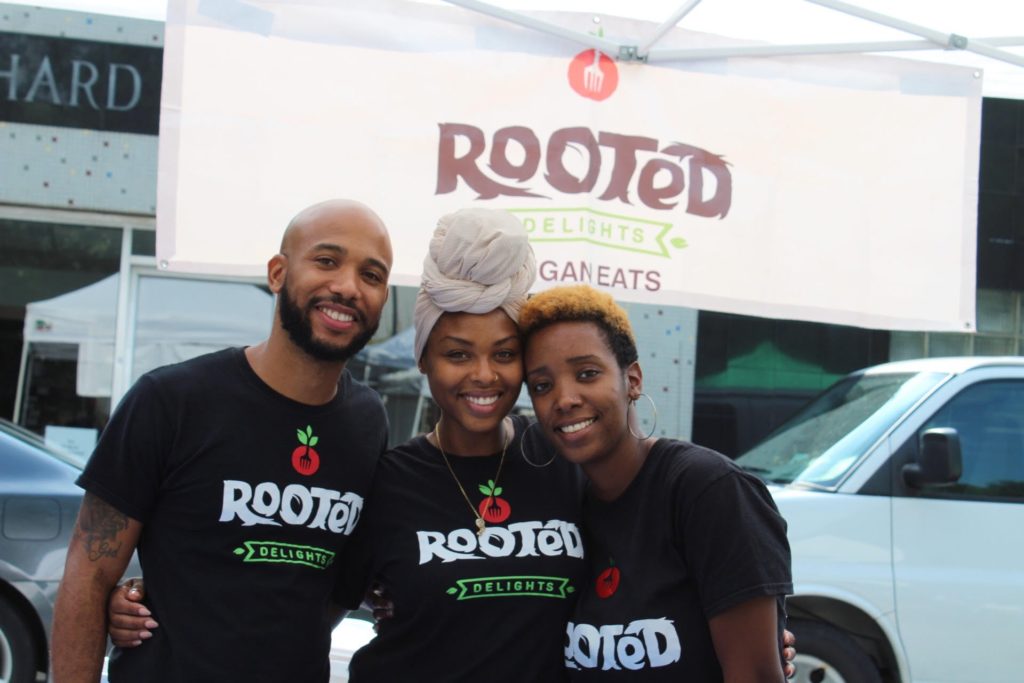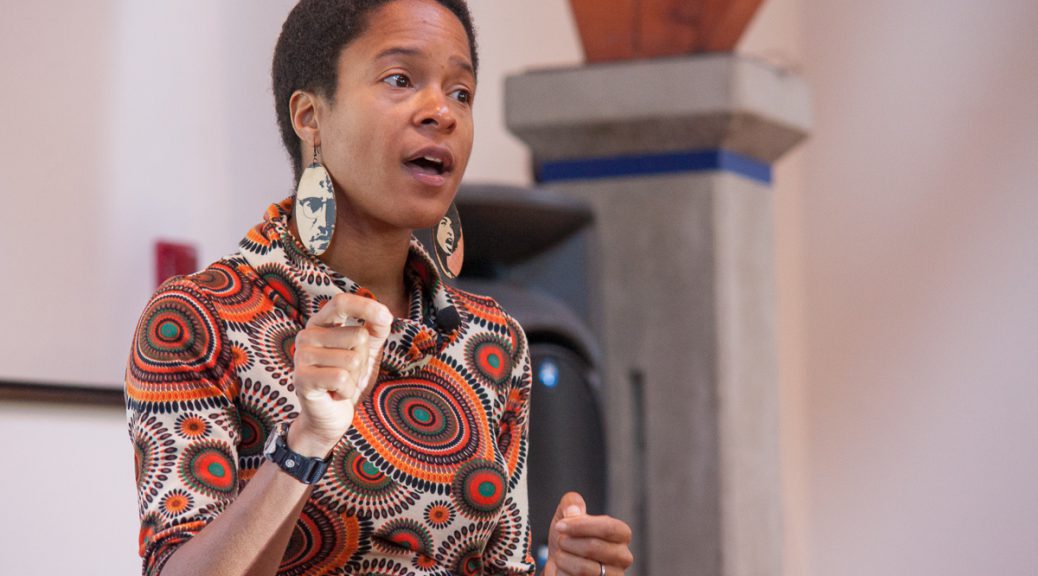16 Mins Read
If you’re in the know in the food tech world, then you will surely have heard Maya Benami’s name. The Israeli food-tech scientist is the secret research whisperer to the global alternative protein industry, consulting on all matters of R&D and her clients include startups, big corporates, governments and investors from all four corners of the globe.
Maya is someone I deeply admire and respect and I have personally turned to her for advice and insights more times than I can count. While we often lionize founders and funders, we’d be nowhere without scientists, which is why I could not think of anyone better to celebrate and interview this International Women’s Day.
Below, I talk to Maya about how she became a scientist, the challenges faced by women in STEM, why Israeli women are so strong and confident and how she balances life, work and family.
Can you tell us a little about your background and where you are from?
As the product of an Israeli father and a German-American mother and moving around in the U.S., I had the privilege to experience growing up among different communities and types of people. However, my desire to explore my paternal roots and live in a desert to study water science prompted me to move to Israel 15 years ago. Since then, I have earned a master’s and a doctorate in microbiology and hydrology, volunteered, traveled or studied in more than 30 countries, worked in multiple environmental and human health industries, and started a family here in Israel.
Through the lens of biology and chemistry, I’ve found a framework to explore, test, and question the inner workings of our world.
How did you become a scientist?
My experience may resonate with many immigrants and those who have grown up among them. My own family of mixed heritage, many with Jewish roots, and continual exposure to the stories of others in diverse communities marked me during my upbringing in the United States. These experiences instilled in me a profound appreciation for education, travel, language acquisition, critical thinking, and a refusal to accept things at face value. These values align with the scientific mindset, where independent thought, exposure to new concepts, perseverance, and curiosity are vital to success.
Through the lens of biology and chemistry, I’ve found a framework to explore, test, and question the inner workings of our world. They are fields that demand rigorous investigation, a deep commitment to intellectual curiosity, humility, and the willingness to challenge conventional wisdom. For me, nurturing scientific discovery has become a way of life that continually challenges me to create structure and organization in my own world, and surprisingly also opened the doors for me to discover how others approach the world more objectively.
How did you end up getting into food tech?
Over fifteen years of academic and industry-based work in environmental and human health has taken me on an interesting journey via exploring and writing about cutting-edge technologies across diverse disciplines in several countries. From tackling issues in agriculture via proper wastewater treatment, effective pathogen eradication to extend food shelf life, or examining how plant compounds affect mammalian cell physiology, I’ve had the privilege of collaborating with diverse teams to study and test the latest tools and techniques and publish our findings. I was using techniques and applications that are now more widely applied in novel food production, such as molecular biology, wastewater treatment membranes, microbial and mammalian cell cultivation, and fungal biotechnology.
While attending GFI’s inaugural conference here in Israel in 2017, I discovered the immense potential of these cross-over technologies for scaling sustainable food production. I realized that my unique, cross-disciplinary approach to R&D challenges could offer a significant advantage. Through my consulting and technical due diligence services, I leverage my diverse background to provide companies and investors with innovative solutions that can save costs while addressing societal challenges like climate change. As global investment in R&D continues to increase and become more expensive, proper planning and cross-disciplinary collaboration have never been more critical. I hope my approach to R&D challenges can help accelerate innovation, improve products and services, and pave the way for a more sustainable future.
I consider it very important to give back what I have been given and devote significant time pro bono each week to supporting young start-ups.
What exactly do you do for work?
Today, I use my degrees and international experiences as an R&D consultant, specializing in the global alternative protein industry. My clients, which range from large food and biopharmaceutical companies to forward-thinking agriculturalists, rely on my guidance to help them navigate the intricacies of this rapidly-evolving field. I also regularly perform technical due diligence and consult for investors seeking to capitalize on cutting-edge food and microbial technologies like fermentation, cellular agriculture, novel ingredients, and molecular farming. It’s a thrilling time to be at the forefront of this industry, and I’m grateful for the opportunity to help shape its future.
But I try not to limit my efforts to just the big players. I consider it very important to give back what I have been given and devote significant time pro bono each week to supporting young start-ups, students, and scientists who share my vision for creating a more sustainable food system. Through this type of networking and mentoring these past years, I’m also co-leading a small global team to create an alternative protein product taste and consumer review database called Taste Like, which should launch to the public in the coming months.
I have had the opportunity to work with many innovative (and surprisingly many female-led) Israeli companies.
What are some of the companies you have worked with in food tech?
I owe much of my success in the consulting industry to Bright Green Partners, a boutique alternative protein consulting firm, where I have been part of exceptional consulting teams for almost three years. Through Bright Green Partners, I have been the lead technical consultant to solve R&D problems for sizeable global food and biopharmaceutical companies. I am also very grateful to InnovoPro, one of Israel’s leading chickpea food companies, which gave me my first consulting and writing project. I have also had the opportunity to work with many innovative (and surprisingly many are female-led) Israeli companies such as GreenOnyx, which produces water lentils, Nuversys, which specializes in fragile ingredient encapsulation, Aleph Farms, which cultivates meat, and BioRaptor.AI, which offers an AI-powered insight platform for food and biopharma. On an international level, I have consulted for Novozymes, Aqvita, and a range of generalist and food-focused venture capital firms seeking due diligence on food and medical-related technology investments. Some of this due diligence led to successful investments or acquisitions of companies that produce cultivated meat, insect alternatives, contaminant detection technologies, and novel plant or fungal-based ingredient production.
Women are actively encouraged to pursue careers in science, technology, engineering, and mathematics (STEM) fields in Israel.
Israel seems very supportive of women in science. Is that fair to say?
Yes, in most parts of Israeli society, a well-developed scientific and technological sector provides exposure opportunities to young men and women alike. Women are actively encouraged to pursue careers in science, technology, engineering, and mathematics (STEM) fields in Israel, and many initiatives are in place to support them. One of the first things I remember upon landing in Israel to begin my master’s degree was that a female, Muslim Ph.D. student in my lab was encouraging me to apply to as many grants as possible: she had recently found out that she was able to net a larger salary per month than one of our male advisors. It also helps to see role models and be mentored by them. I was lucky to be mentored by a strong female in science, my original advisor Dr. Osnat Gillor, who also constantly encouraged me to apply for grants, go to conferences, and publish my work. Cultural norms are generally also more accepting here in Israel of a woman leaving the work day earlier than usual to pick up and care for children. Work days and deadlines are also generally more flexible.
Within the international Jewish community and inside Israel, many organizations and initiatives specifically focus on encouraging and supporting women in STEM, especially immigrant and minority females. These include programs that provide mentorship, additional financial support, networking opportunities, and access to professional development resources for women in STEM fields.
There is, of course, a long way to go. There is still a gender gap in STEM fields in Israel, as in many other countries. There are many sectors of Israeli society where women and men cannot access the benefits I wrote above. Women remain underrepresented in specific scientific areas and leadership positions, facing barriers such as bias, discrimination, and lack of access to funding and resources. However, there is a growing awareness of these issues in Israel, and some efforts are being made to address them.
By giving women equal opportunities to serve in the military, the IDF aims to challenge gender stereotypes and encourage greater gender diversity in most areas of Israeli society.
I don’t want to stereotype but on average, it seems most of the Israeli women I know are super tough and confident. Is there something specific about Israeli culture that makes it so? Is it because Israeli women, like Israeli men, undergo military duty?
The Israeli Defense Forces (IDF) has taken steps to ensure that women are integrated into the military and given equal opportunities to serve in various roles. Women can serve and lead combat units, intelligence, and technological roles as well as provide administrative and support positions. In addition, the IDF provides equal pay and benefits to male and female soldiers. These policies aim to create a more equal society by promoting gender equality and breaking down traditional gender roles. By giving women equal opportunities to serve in the military, the IDF aims to challenge gender stereotypes and encourage greater gender diversity in most areas of Israeli society. The mandatory military service in Israel also cultivates a sense of close community and creates a natural networking base, which is critical for future work opportunities regardless of gender. It brings together people from diverse backgrounds, further promoting cross-disciplinary collaboration and fostering innovation. When a farmer can work alongside a physicist in the IDF, these types of relationships further promote cross-disciplinary collaboration and foster innovation, which can benefit all sectors of society.
However, beyond a form of an equalizing factor that the IDF brings to society, large parts of the Israeli population are not required or choose not to participate in serving. I believe it may be more about the hardships and navigating mixed cultural values, which may affect how Israeli women approach the world.
First, Israel is a country with an interesting mix of many strong cultures that emphasizes self-reliance and reliance upon your community connections. All Israelis are generally encouraged to become educated, question authority, and be self-aware and assertive. Israel is also a country that values risk-taking and finding solutions at all costs.
Second, Israel is still quite a new country with a past and current history of conflict and adversity, requiring its citizens of all ethnicities to be resilient and adaptable. Daily life in Israel is expensive and bureaucratic, with the need to be resilient and adaptable. Travel is a common pursuit that also fosters a sense of autonomy and worldliness from a young age. Israeli women are accustomed to living in discomfort, advocating for themselves and their families, and overcoming obstacles when plans change last minute (e.g., running to a bomb shelter).
Third, Israeli women have high education rates and are well-represented in many fields such as law, education, medicine, and the sciences. This representation empowers and inspires Israeli women, and this progress can be traced back to the 1960s with the region’s first female Prime Minister, Golda Meir. Historically, women also played a vital role in building the first settlements of the country, and in the early years of the kibbutz movement, they were encouraged to participate in traditionally male-dominated fields. The stories of women and men in our families surviving the Holocaust and many Israeli wars, establishing kibbutzim, and sharing their other experiences have left a lasting impression on the current generation.
Despite these advancements, Israel still faces significant challenges in promoting gender equality and protecting their most vulnerable people. Domestic violence, harassment, trauma, limited promotional opportunities, wage disparities, and access to mental health services remain pervasive. Additionally, women have historically been underrepresented in Israel’s highest ministerial offices and continue to have limited political opportunities, which sets Israel apart from most Western nations.
My female advisor pulled all of us females aside, and she urged us to interrupt the men and contribute more.
What challenges do women in science face?
I believe there is a very high rate of both women and men who experience imposter syndrome in the sciences, as I discovered when interviewing numerous scientists for a book I wrote during my PhD. Impostor syndrome is a fear of being exposed as a fraud due to self-doubt about one’s skills and accomplishments. We don’t talk about this enough for also the fear of being seen as “naïve.” However, women and men react to this phenomenon differently. For example, the imposter syndrome can harm women’s confidence and make it challenging to speak up during meetings or ask for further guidance, leading others to view us as less knowledgeable.
I recall one lab meeting where out of the lab of six women and two men, the two men completely dominated the meeting with questions and answers to their questions. It prompted my female advisor to pull all of us females aside, and she urged us to interrupt them and contribute more. Especially in Israel, where assertiveness in meetings is highly valued, a male advisor also commented to me once that my failure to interrupt him during private meetings to get to an answer more quickly showed him that I possessed less initiative compared to a male colleague who did.
The way women and men navigate the worlds of science and business, which are becoming increasingly important in academic and industry-based technical fields, differs significantly. Men tend to dominate executive roles like CEOs and CTOs, often taking the lead in risk-taking and finding cost-effective solutions to technical challenges. In contrast, women face greater obstacles in achieving these positions and being heard that their ideas matter.
For women in science, balancing work and personal life can be a real tightrope act, especially when they also have caretaker responsibilities. Preparing and conducting experiments can demand long hours and inflexible schedules, leaving little room for personal obligations. On top of that, the constant pressure to deliver usable results, amidst the many failed experiments, and publish papers that undergo endless changes or rejections from peer reviewers, can be daunting. To complicate matters further, obtaining funding and the opportunity to attend international conferences is a luxury for many female scientists. This can hinder career advancement as these events provide valuable opportunities to present work, form beneficial collaborations, and network with peers.
What does International Women’s Day represent to you?
International Women’s Day is a vital reminder of the ongoing struggle for gender equality and women’s rights worldwide. It is an opportunity to celebrate women’s achievements and contributions to society while recognizing the challenges and barriers that still exist for over 50% of the global population.
In terms of International Women’s Day and food, women are the center of where we should be improving and celebrating. Women play a crucial role in food production and purchasing. Across many regions, women participate in all stages of the food production cycle, from planting and harvesting to processing and selling products for consumption or commercial purposes. In developed and non-developed regions, women are almost universally the primary decision-makers in buying and preparing food for our families. Domestically, women are the center of knowledge and decisions regarding the preferences influencing food choices, cooking methods, and nutrition practices for multiple generations of large families. Both in the first and third worlds, we need access to affordable, nutritious, and preferably tasty food to improve dismal maternal and childhood mortality and morbidity statistics, such as half of preschool children and two-thirds of non-pregnant women (globally) being micronutrient deficient. Statistics like these are also a significant reason I entered into the intersection of science and nutrition – to address childhood and female malnutrition effectively and hopefully promote more sustainable food production.
Ask or be insistent about receiving credit for your work early on, so a paper trail can be made of your accomplishments.
What advice do you have for the younger generation of women coming up in the world and in their careers?
Prioritize your mental and physical health. It takes courage to ask for a break or additional support when faced with challenges or problems. In most cases, others are more than willing to lend a hand or provide a fresh perspective, but they may not know what you need until you effectively communicate it. Don’t be afraid to seek assistance from a variety of sources inside your industry or outside of it (like family and friends), as it can lead to finding alternative solutions or new ways of approaching a situation while creating the opportunity for what others want – the feeling of being useful. Asking for help can create the opportunity for a new friendship or deepen an existing relationship.
Ask or be insistent about receiving credit for your work early on, so a paper trail can be made of your accomplishments. Whether asking for your name to be put on a paper after contributing even a little bit or asking for better compensation, speaking up becomes easier the more you practice.
Building a support network can be instrumental in overcoming obstacles and achieving success. You can maximize your potential and accomplish your goals by surrounding yourself with supportive, positive people and creating a database of resources and tools you can access in times of stress.
Individuals in scientific fields often lack training in business economics.
What are the biggest challenges facing women in ‘future of food’ technical roles?
Successful leaders of food technology companies must have a strong technical background to oversee product development, scaling, and safety processes effectively. Creating new food products often involves specialized technical knowledge and hands-on experience in several disciplines, including food science, ingredient chemistry, and microbiology. However, individuals in scientific fields often lack training in business economics. In recent years, there has been a growing need for professionals who understand complex scientific disciplines and food formulation processes while possessing astute business acumen.
Furthermore, advancements in the novel foods movement and emerging technologies and ingredients produced by them, like fermentation, cellular agriculture, and molecular farming, have introduced new challenges in food production. These techniques require different approaches to creating food products, necessitating a deeper understanding of cell biology, bioprocessing, and plant and food science to stay current and innovative. Atop of the natural complexity of novel food production, technical leaders must keep up to date on new food regulations in multiple markets, and rapidly changing consumer preferences, effectively juggle investor, partnership, and client relationships, and keep expenses down through optimized supply chain management. Some are also tasked to be the face of the company in terms of public relations and marketing.
Science is a collaborative industry where success should be measured by contributing to a better understanding of human, animal, or environmental problems.
What do you wish could change about women in science?
Acquiring a research-based graduate degree or technical position in the sciences is principally thought of as an achievement based on intellectual rigor: this is only partially true. Many agree that maintaining discipline and stamina can prove to be more significant challenges than natural intellect. Perseverance is critical when facing obstacles such as failing experiments, difficult advisor relationships, lack of funding, and rejected publications. Even when transitioning to a highly technical job, the need for grit, supportive mentorship, and continual financial or knowledge-based resources remain essential.
Developing a network of supportive relationships within and outside of science can go a long way in overcoming these challenges. Rather than relying on your natural abilities in math and memorization, having a passion for a subject, perseverance, and a supportive network to find solutions can outweigh many deficits in these areas. Personally, I was fortunate to have access to and find the time to attend weekly math and science tutoring throughout my undergraduate and graduate degrees.
I would hope that we eventually shift the perception that success in science is defined solely by reaching high-ranking positions like CTO, patent creator, professor, or publishing in prestigious journals. The truth is that science is a collaborative industry where success should be measured by contributing to a better understanding of human, animal, or environmental problems. Any person, whether a citizen scientist or a student, who contributes to this cause and communicates it effectively is a successful scientist, in my opinion.
Producing usable research findings is a collaborative effort requiring a team of individuals working together for many months or years. From lab managers and technicians to interns, department secretaries, scientific writers, donors, and more experienced colleagues, every team member plays a crucial role in the success of an experiment and the publication of its findings. Effective mentorship and financial resources are also essential for success in the scientific industry. As someone who now works in the industry, I have continued to benefit from mentoring others and being mentored by those with more experience.
I’m honest and ask for help a lot..no one can do it all without that “village.”
How do you balance work, family, and everything else?
Juggling multiple responsibilities can be challenging for anyone, but I find that as a woman, the expectations placed on us in regard to food preparation, cleaning, work, self-care, and raising a family are increasingly challenging to balance. Managing everything at once is impossible, so I’m honest and ask for help a lot. I’ve learned to approach modern-day life with a willingness to outsource and compromise on expectations. Although I’m lucky and privileged to work from home primarily, this type of work creates collisions of family time, work, and domestic responsibilities.
For instance, my daughter is currently sitting next to me, working on a puzzle while I tackle emails and respond to this article. A few minutes ago, a homemade food delivery guy (I am not a fan of cooking, but my neighbor is) dropped off half a week’s worth of meals, and in the background, I’m listening to the hum of the washing machine. I’ll run some errands on the way to dropping off my daughter at her babysitter’s before heading to an on-site meeting. Later in the evening, I’ll join a virtual meeting with international clients while my husband puts our daughter to bed. There are rarely any days off and I combine my “relaxation time” of watching a Netflix episode with washing dishes, for example. It’s a lot to manage; no one can do it all without that “village.” In my attempt to be humble and honest with myself and others, create a support network (and prioritize assisting back those who help me), and stay as organized as possible, I can generally navigate the demands of modern-day life.
The post Forget Princess, I Want To Be A Scientist: Celebrating Food Tech Researcher Maya Benami This IWD appeared first on Green Queen.
This post was originally published on Green Queen.


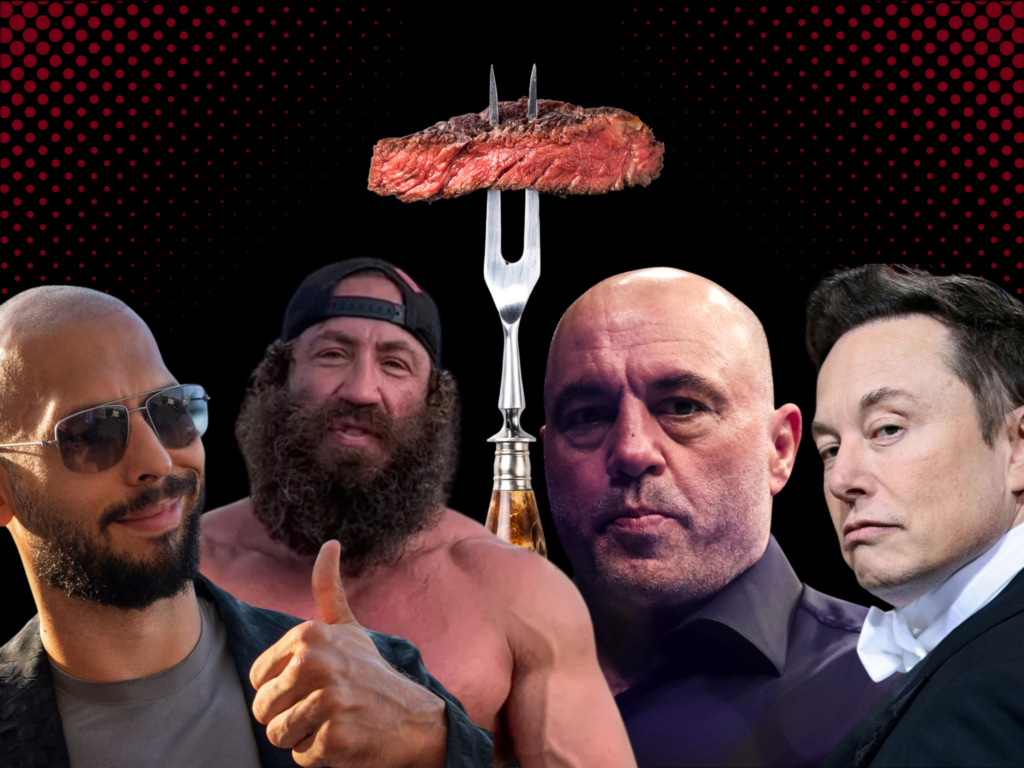

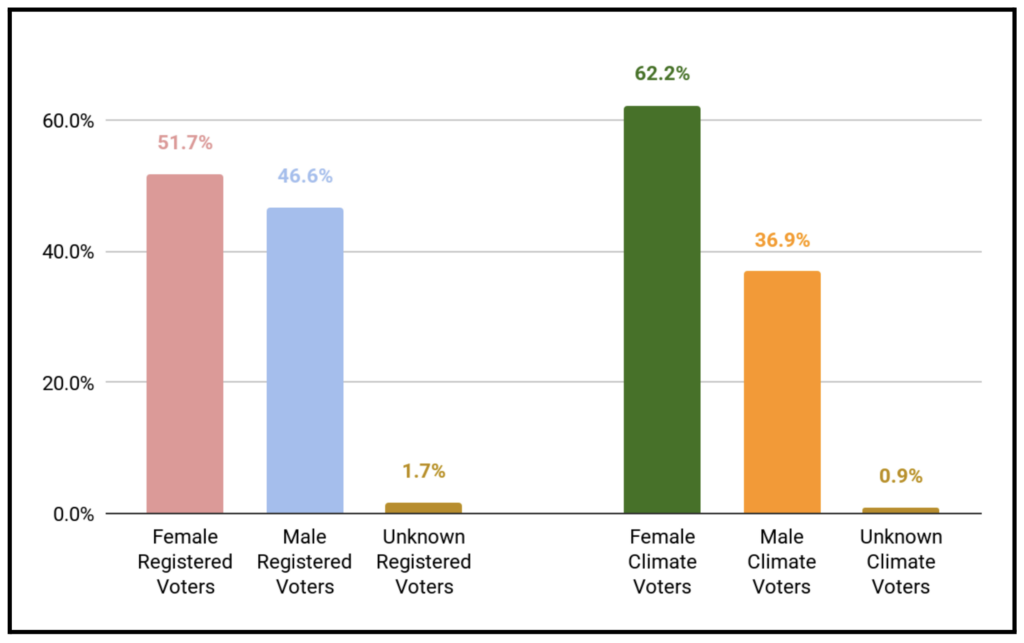



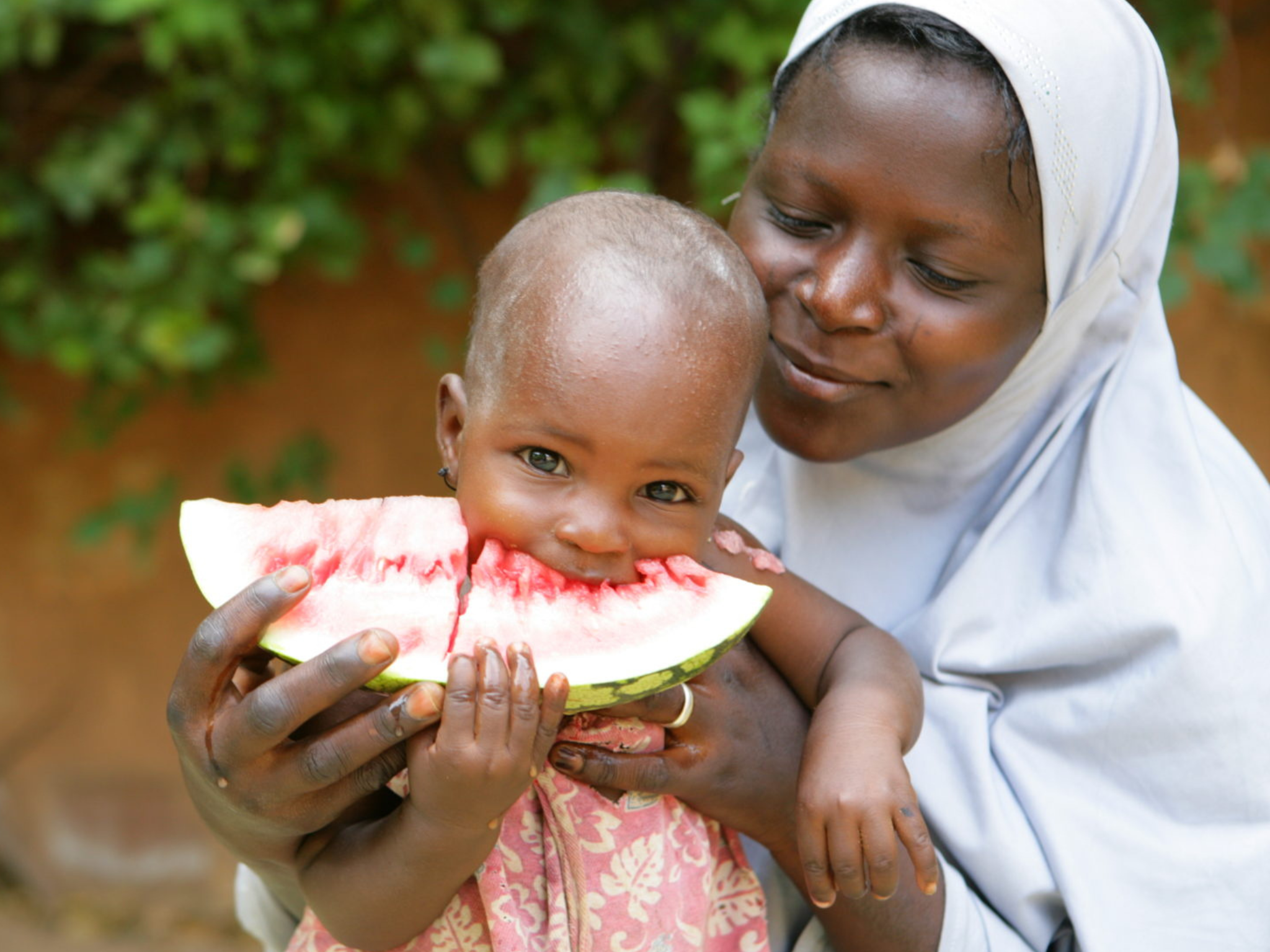

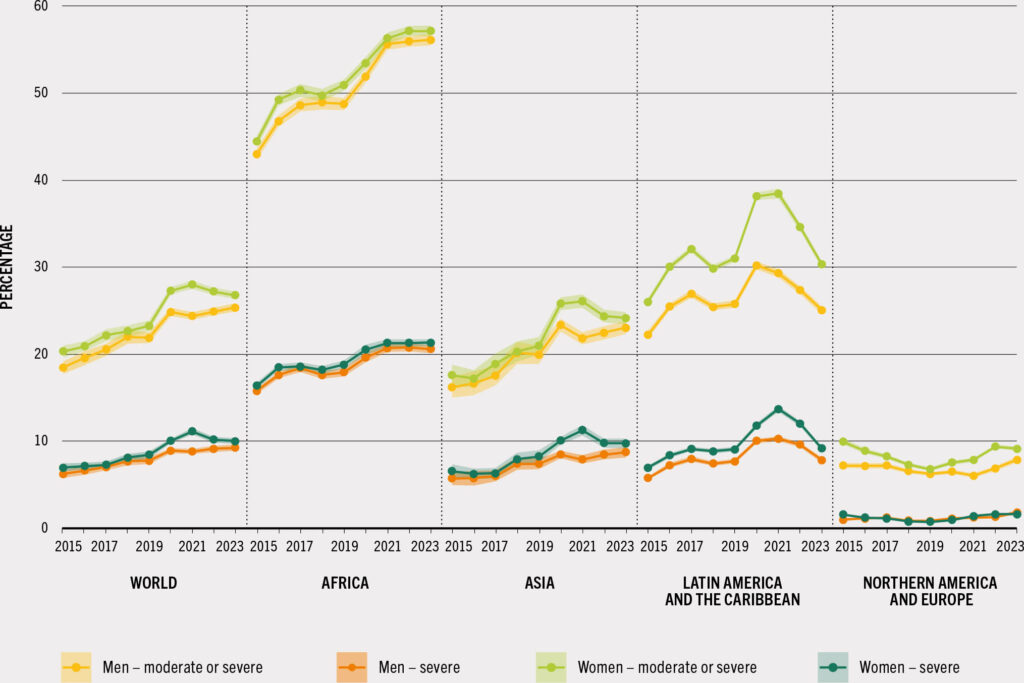






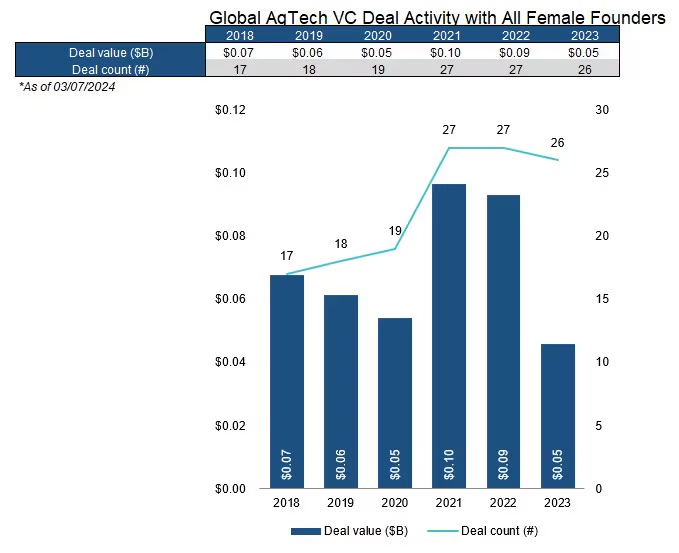




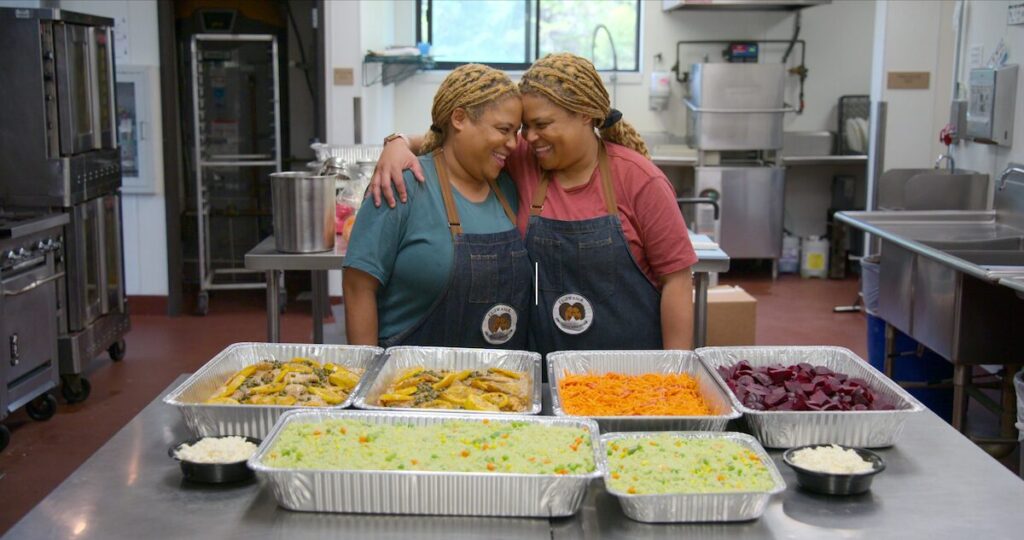
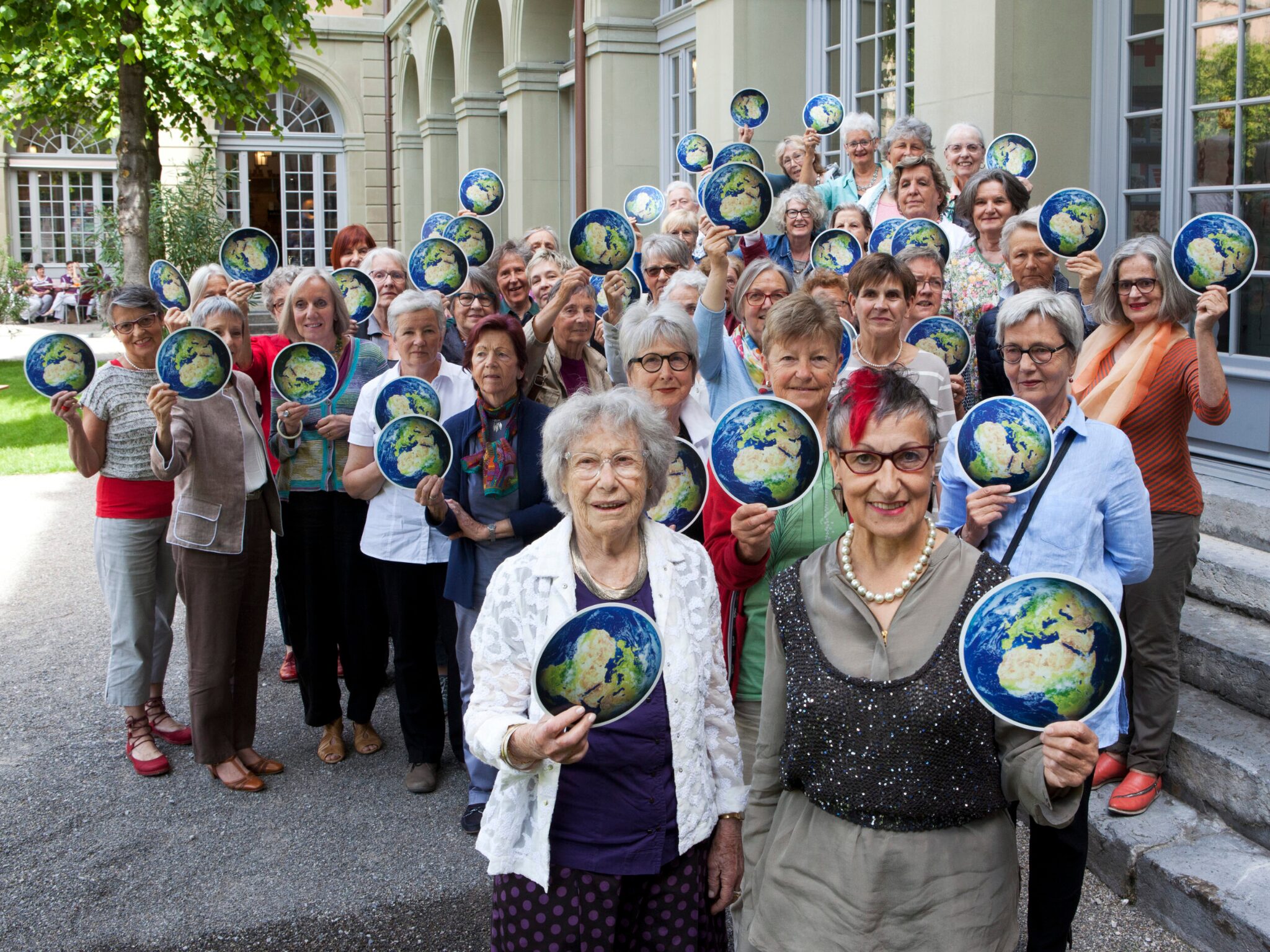

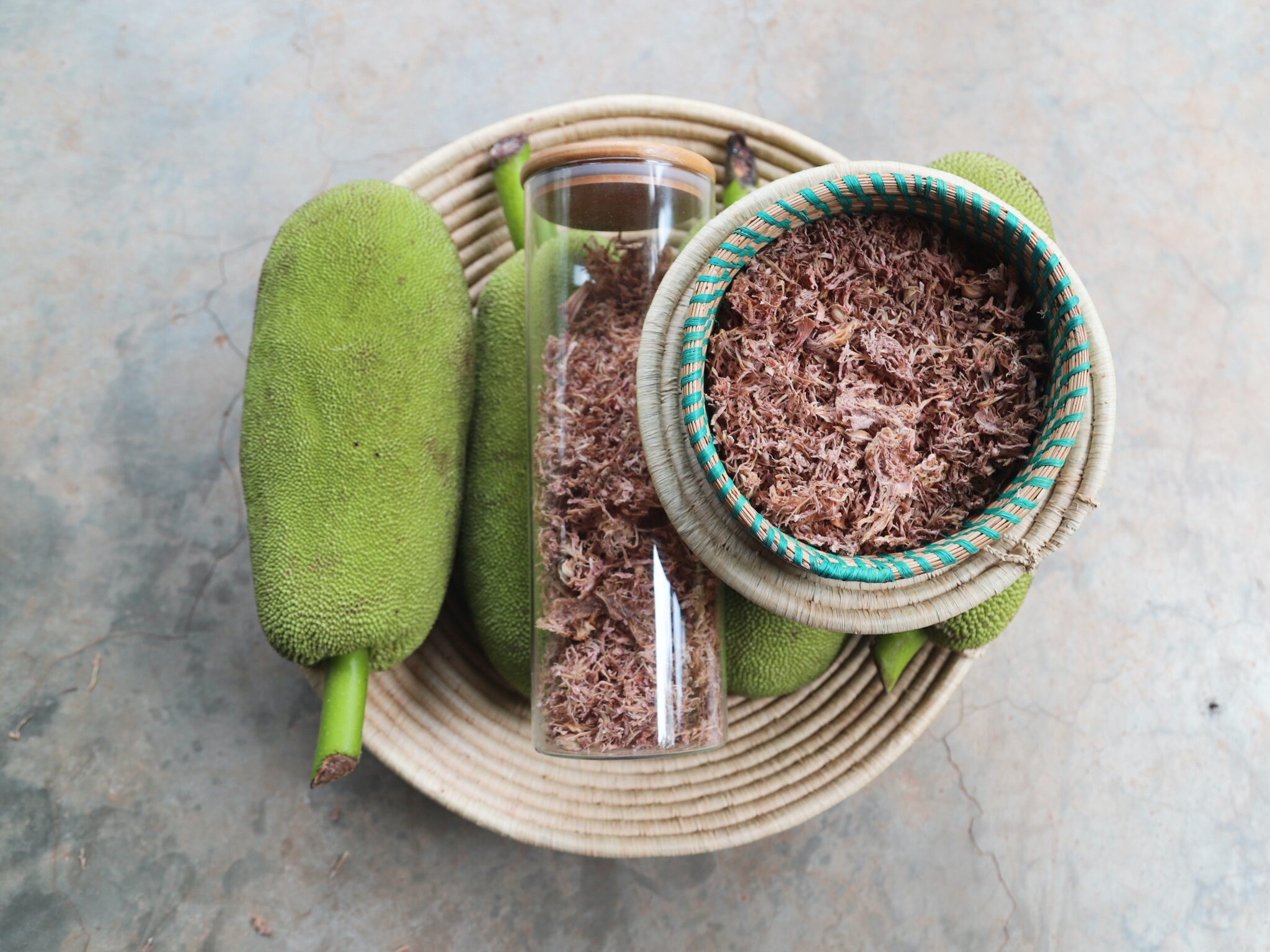
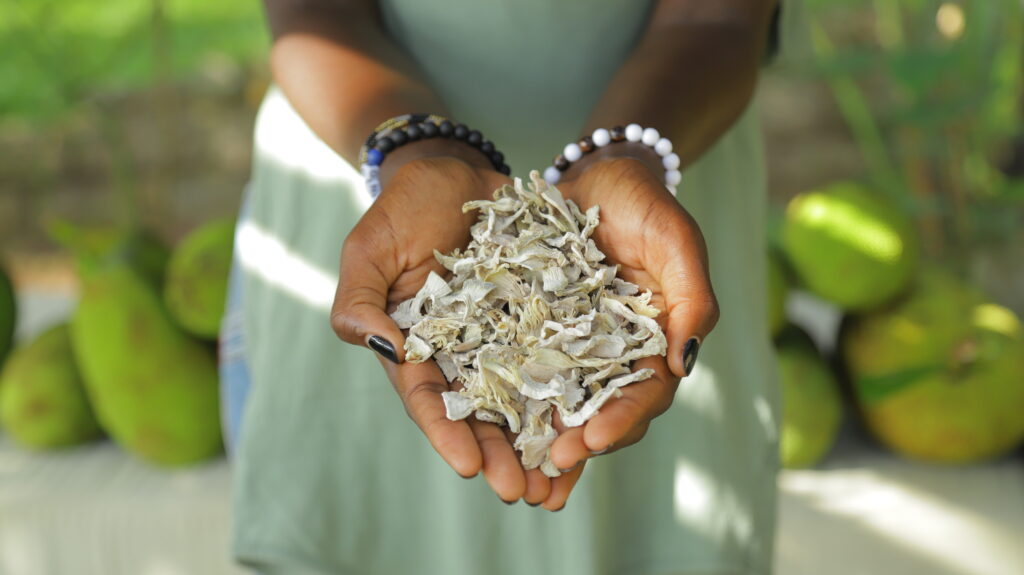

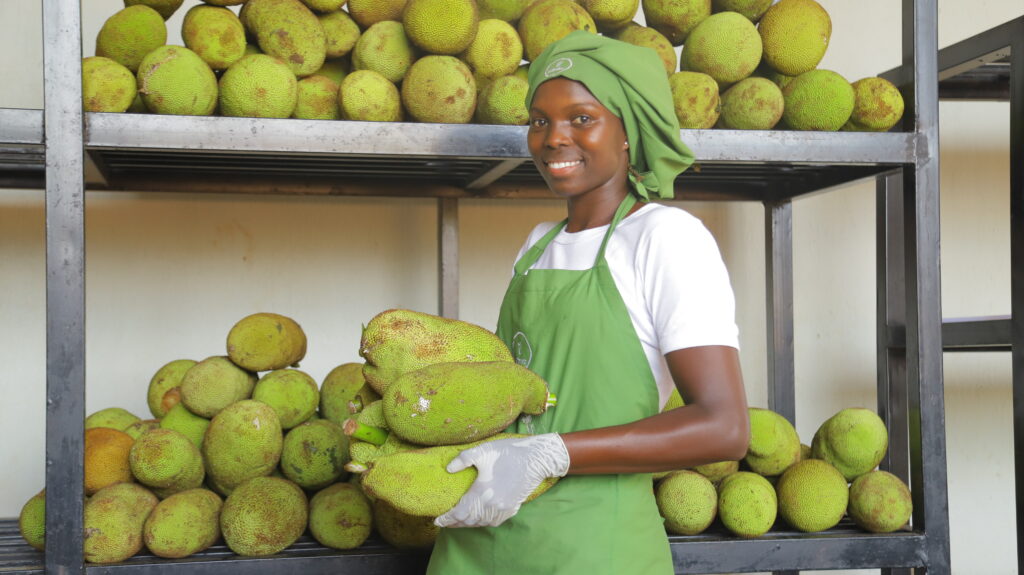
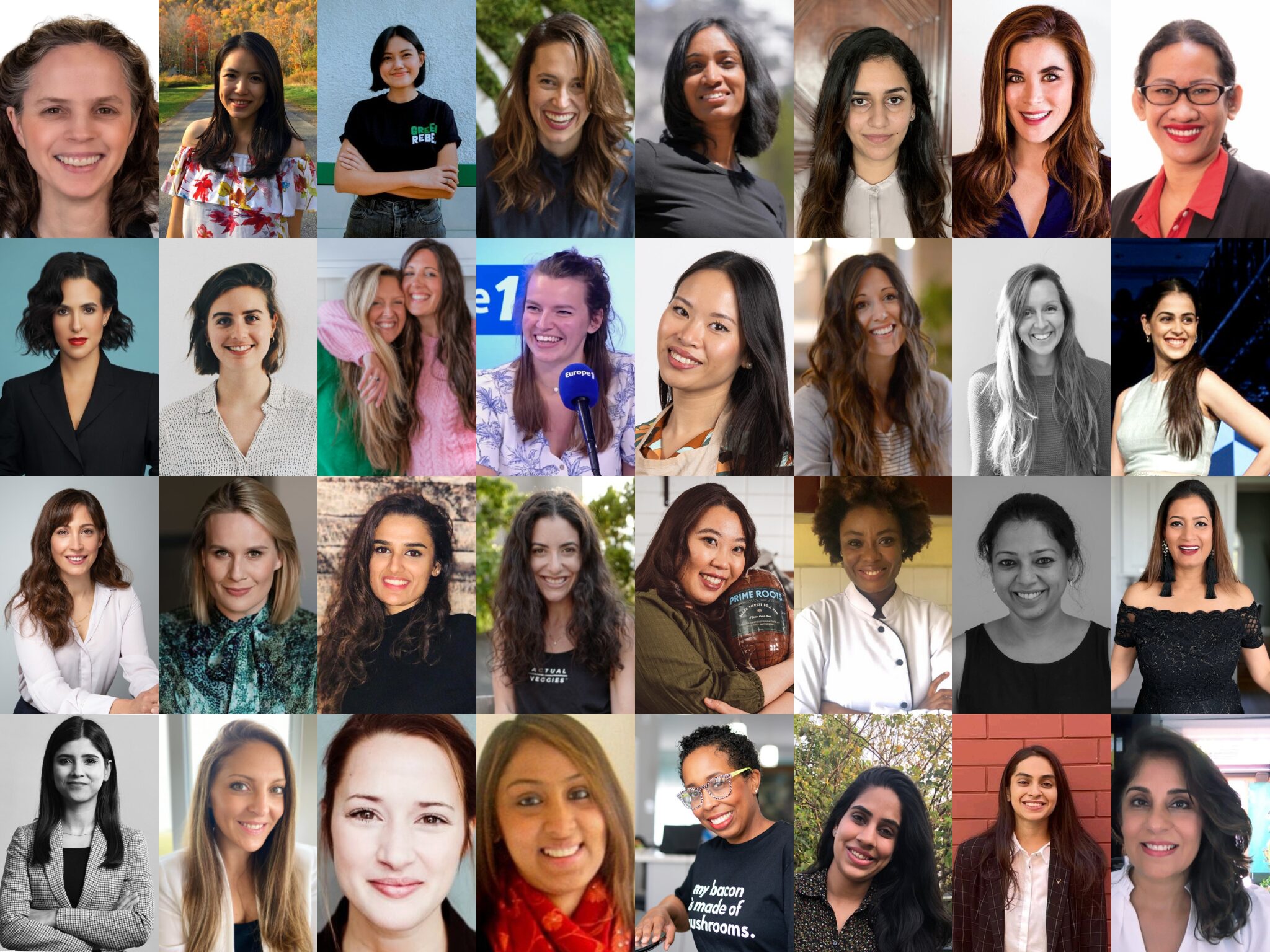
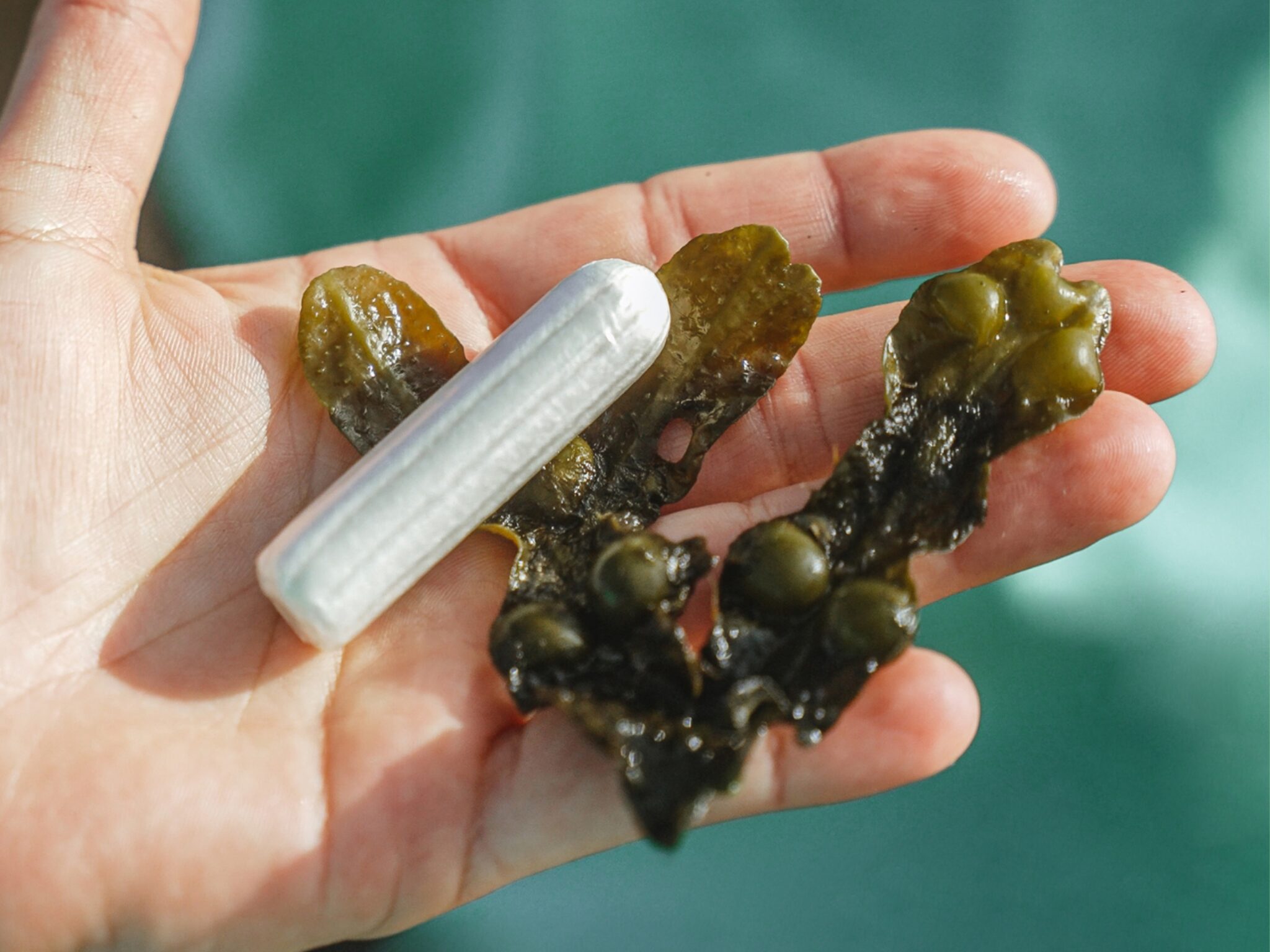
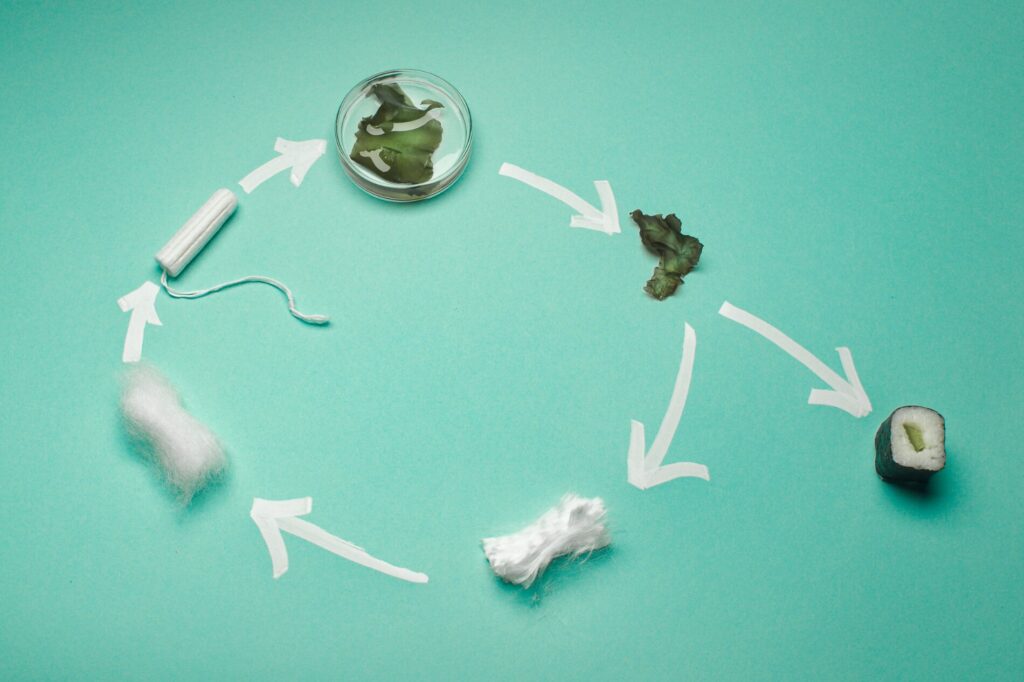


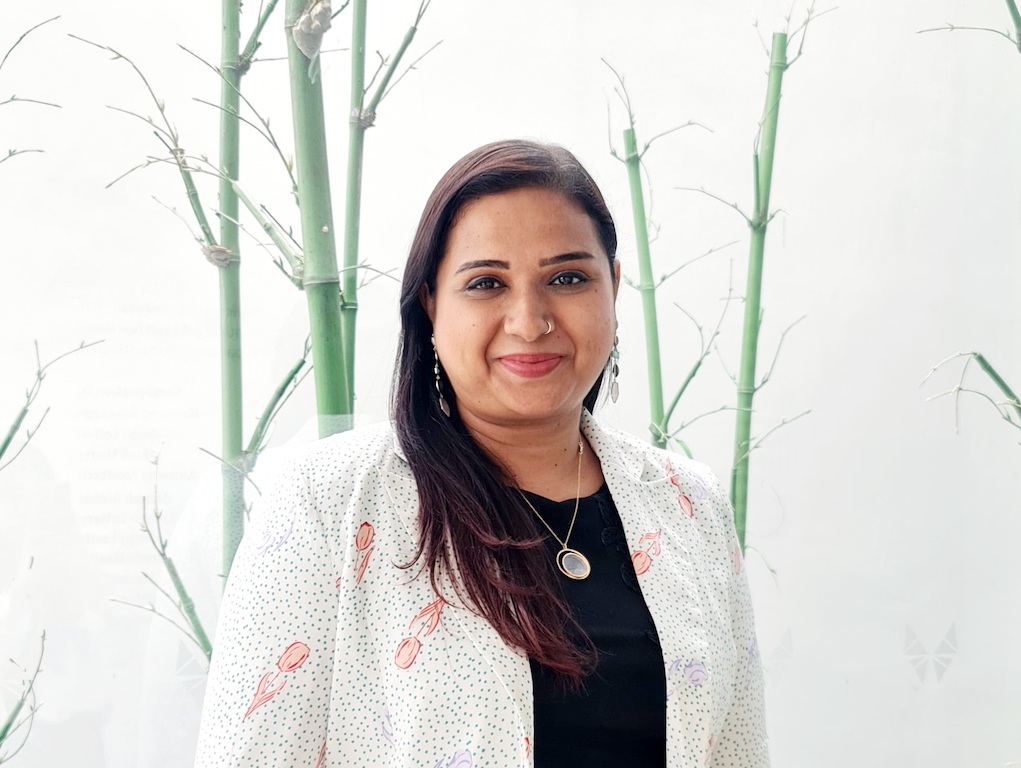




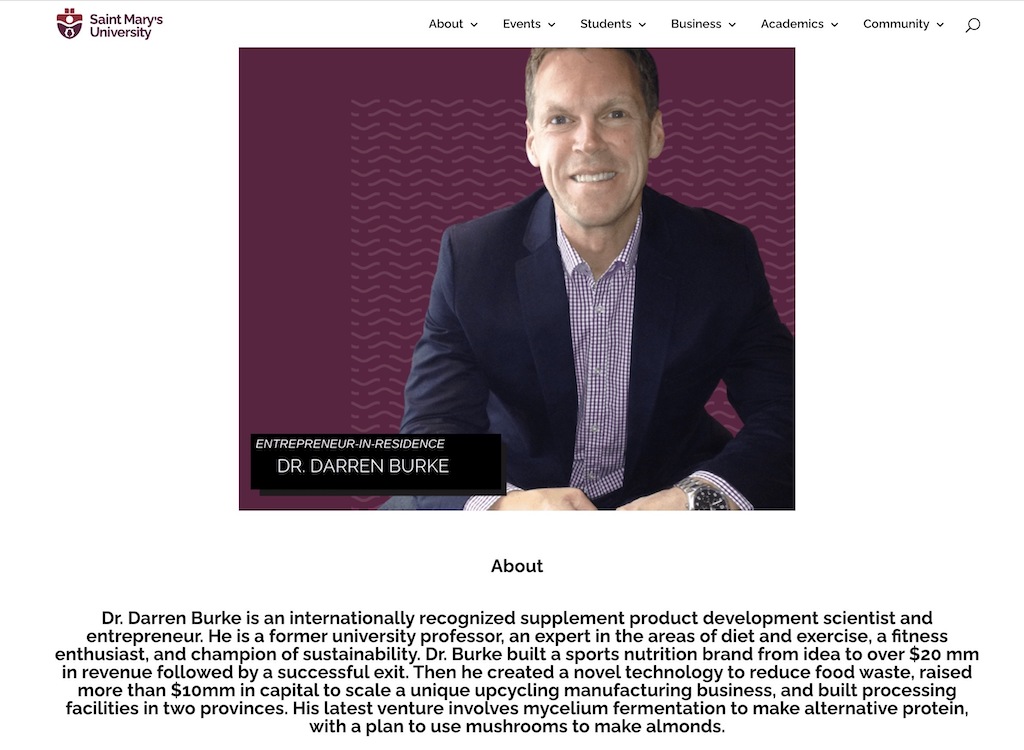
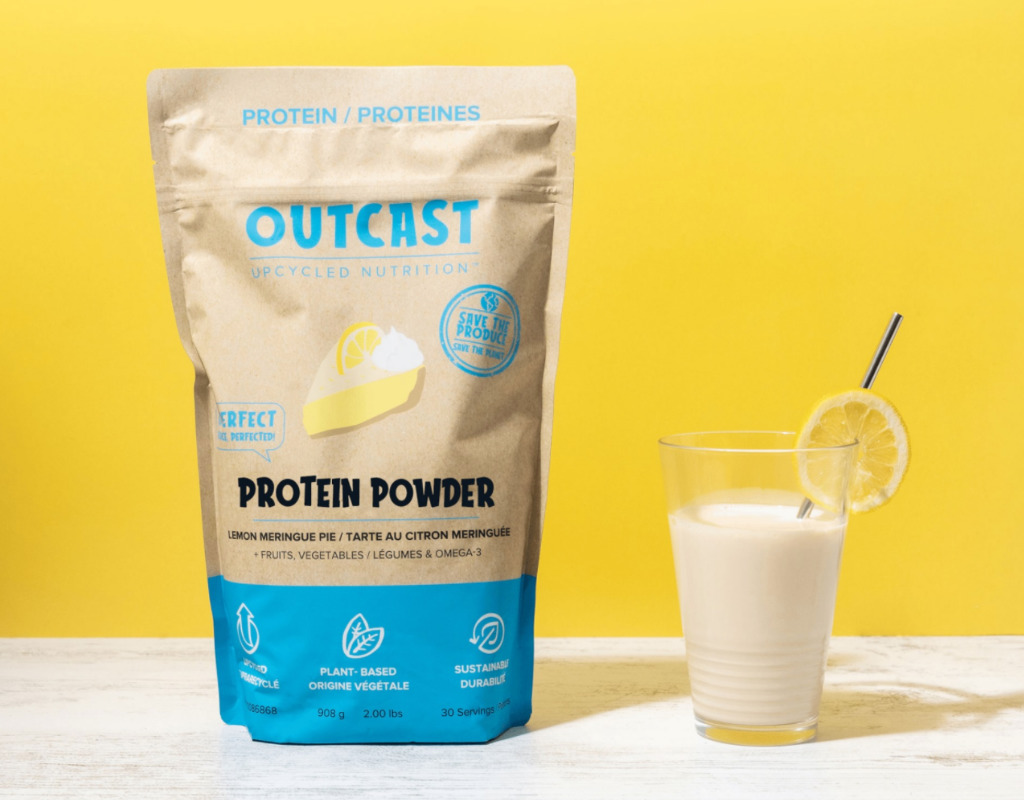






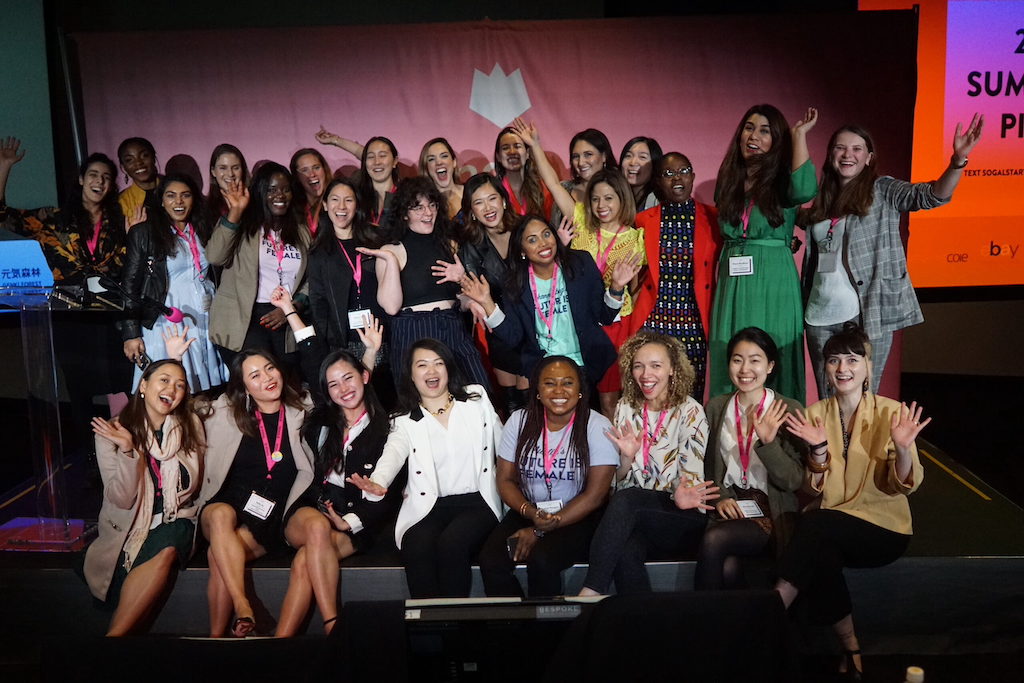
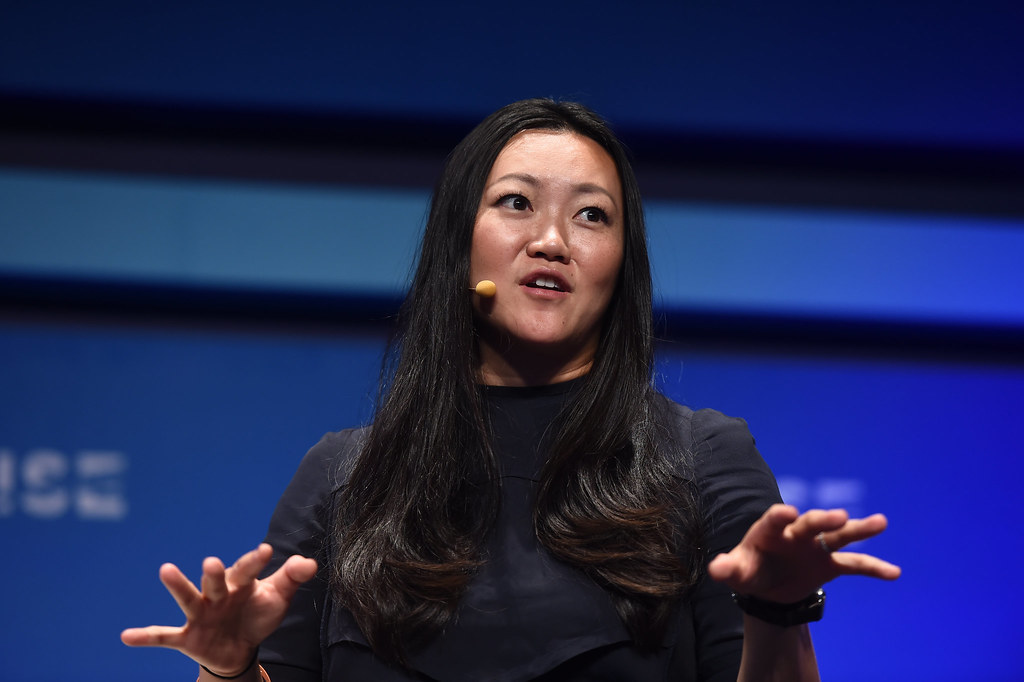
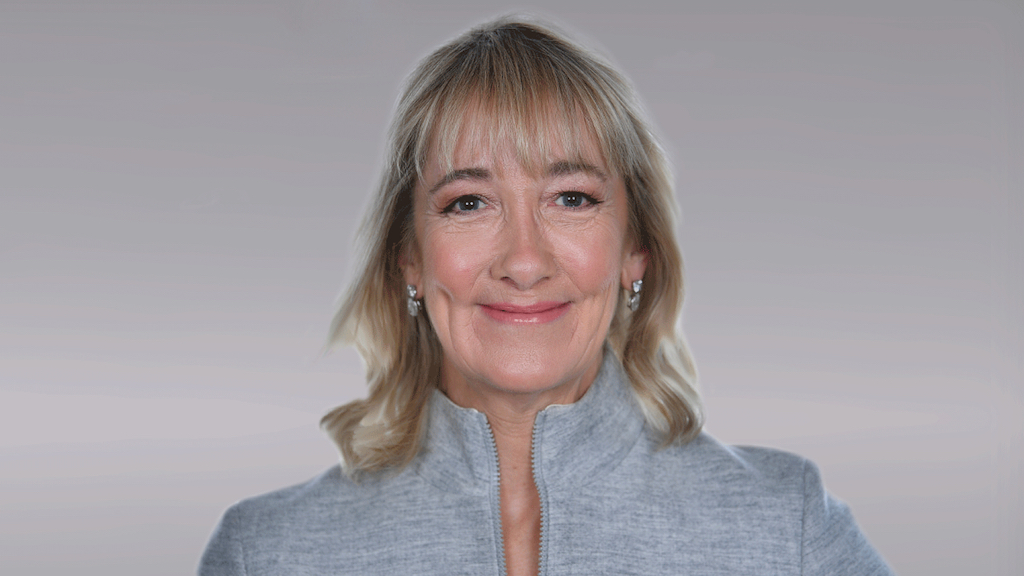
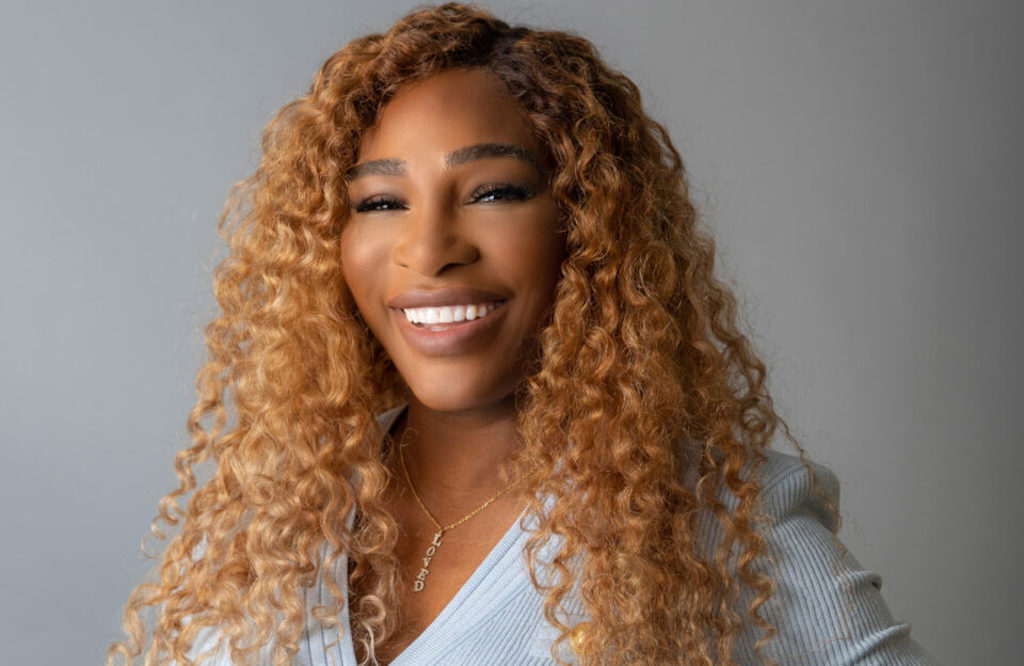


 Vegan (@itisinthename)
Vegan (@itisinthename)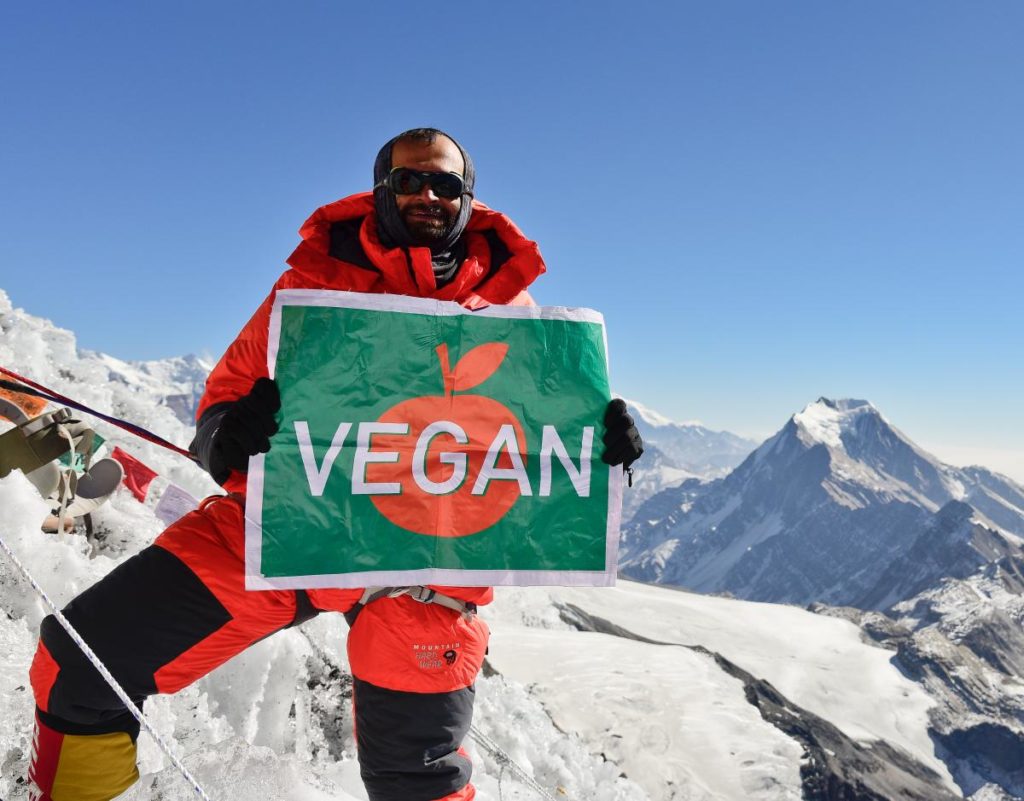
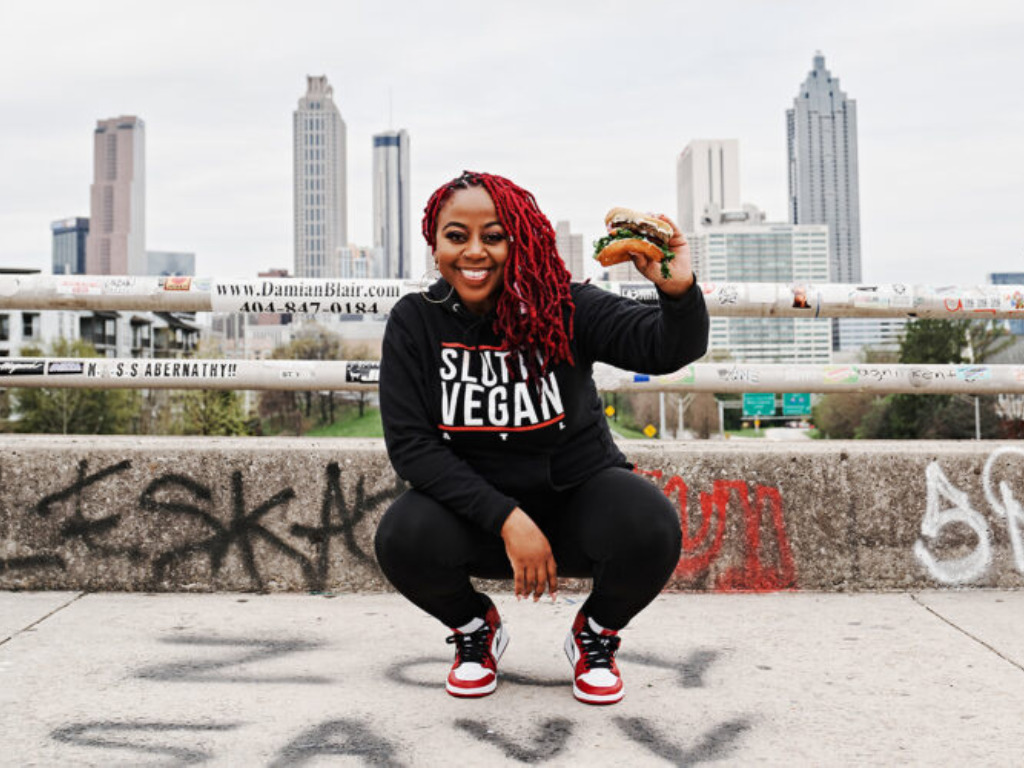
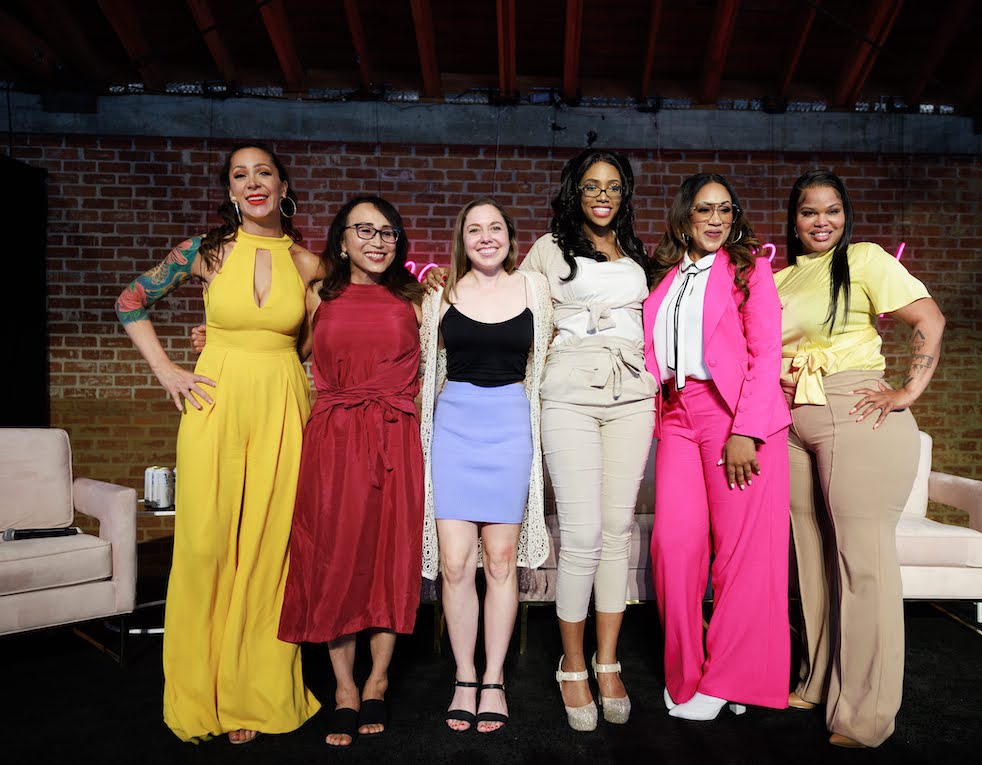

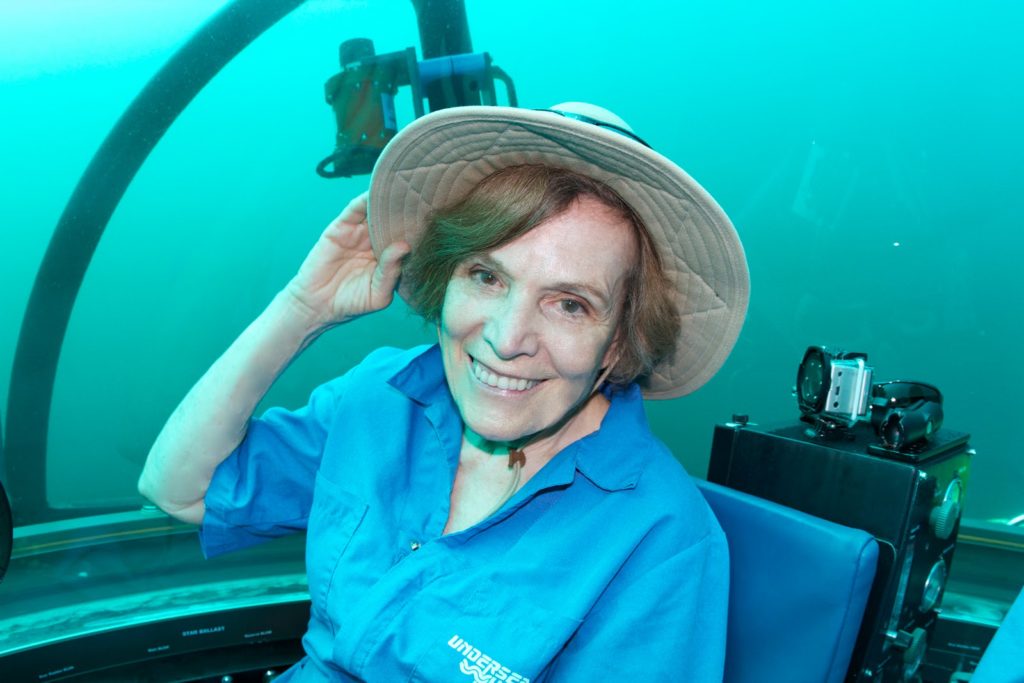
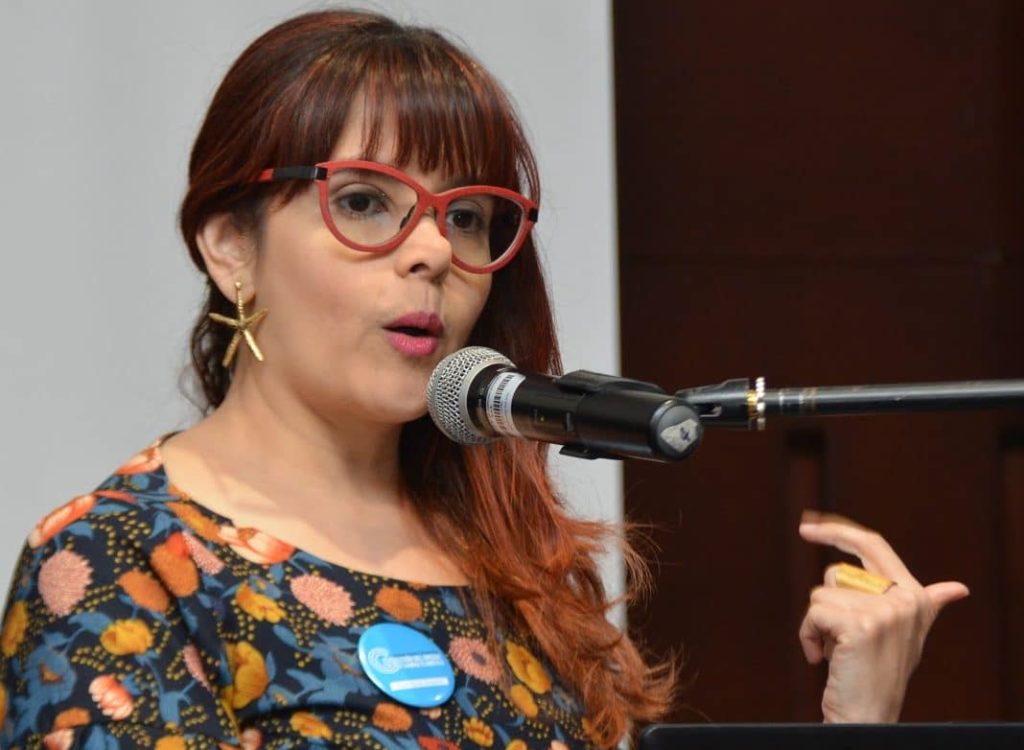
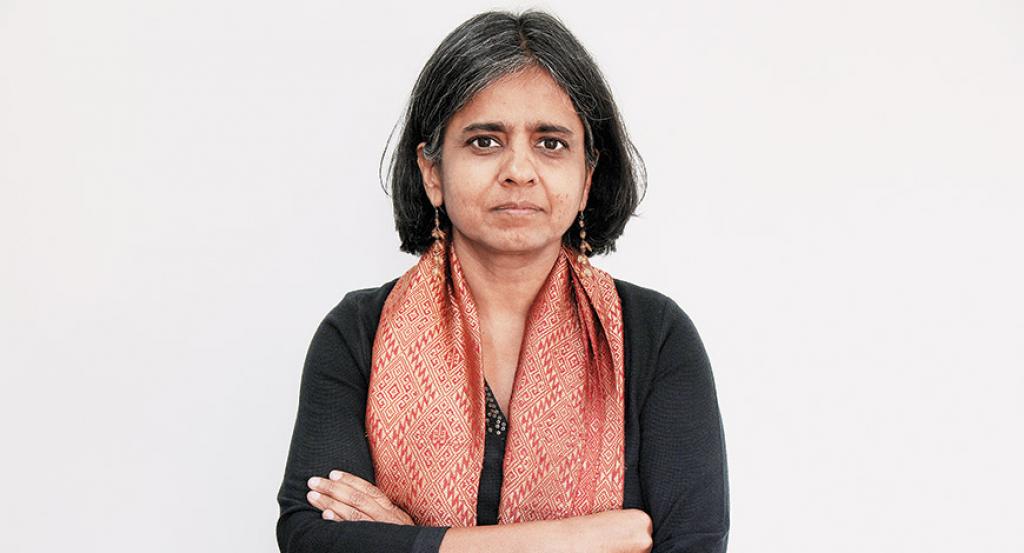


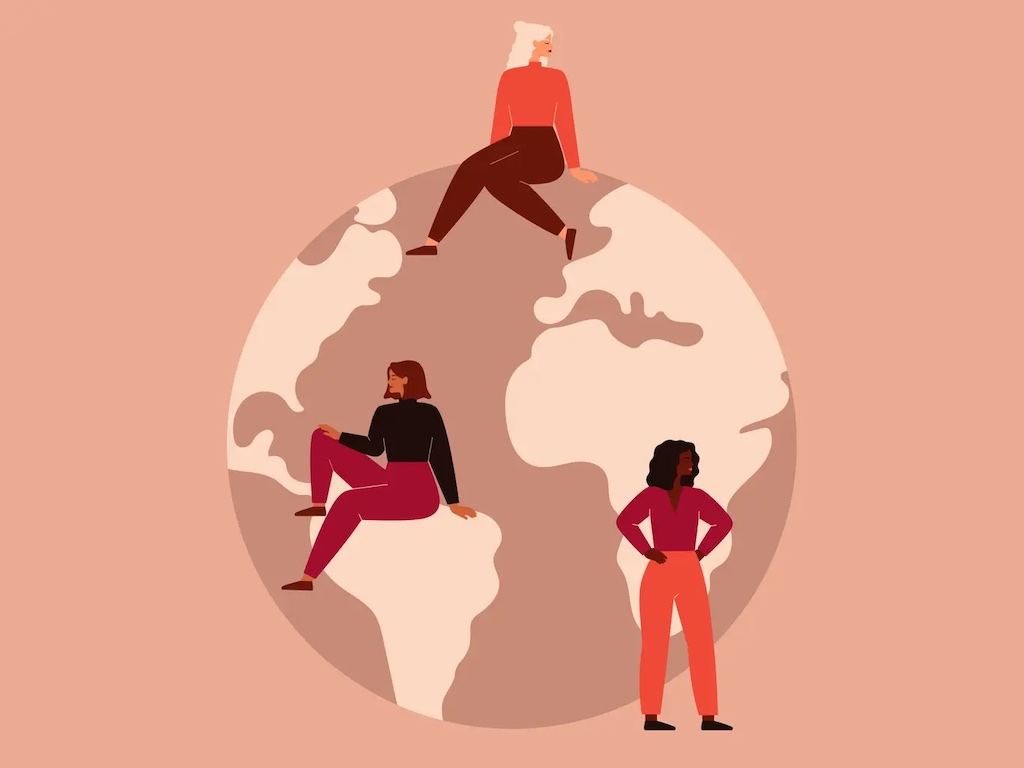




 (@victoriastambaugh)
(@victoriastambaugh) (@tiablanco)
(@tiablanco)